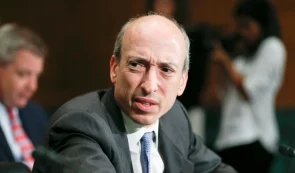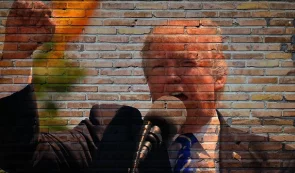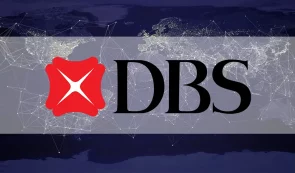Bitcoin-Fueled Deception: Turkish Government’s Deepfake Propaganda Allegations

The upcoming presidential election in Turkey, scheduled for Sunday, May 14, has garnered international attention due to its potential significance in bringing an end to President Recep Tayyip Erdogan's lengthy rule.
Adding to the intrigue, the current Turkish government faces serious allegations.
Tuncay Özkan, the leader of the Turkish opposition party (CHP), has made a claim suggesting that the government plans to create deepfake propaganda materials against the CHP on the DarkWeb prior to the elections. A local Turkish outlet called Kisadalga reported this information on May 11.
According to Özkan, the Directorate of Communications in Turkey has reached out to Kemal Kilicdaroglu, the leader of the opposition party, to notify him about the production of fabricated videos against the opposition on the DarkWeb.
These videos supposedly utilize deepfake technology, an artificial intelligence (AI) technique that manipulates audio and visual content. Özkan further asserts that the individuals responsible for this manipulation have received payment in Bitcoin (BTC).
Özkan stated, “They revealed that this action had taken place and emphasized that it goes against democracy, human rights, and the law. Due to their own unease of conscience, they approached us and provided a list of names.”
These allegations follow President Erdogan’s recent presentation of an AI-generated video that depicted Kilicdaroglu praising the PKK, a militant political organization responsible for multiple terrorist attacks in Turkey.
As the highly anticipated presidential elections in Turkey draw near, AI experts have raised concerns about the impact of deepfake propaganda. This election represents one of the first major instances globally where advanced AI technology intersects with politics.
READ MORE: Robinhood Rockets: Q1 2023 Reveals Stellar Revenue Growth Amidst Crypto Shake-up
Henry Ajder, an expert specializing in deepfakes, expressed worry about this issue, highlighting the potential influence that convincing propaganda materials could have on the final election results.
Ajder stated, “If you can disseminate sophisticated and highly human-sounding speeches across vast networks and inauthentic accounts with a singular narrative, that could undoubtedly play a role in dominating a given sphere.”
While online tools exist for verifying the authenticity of such content, they also pose the risk of creating a hierarchical structure within the media. Ajder explained that if uncertified content circulates, people might label it as fake only when it suits their convenience.














